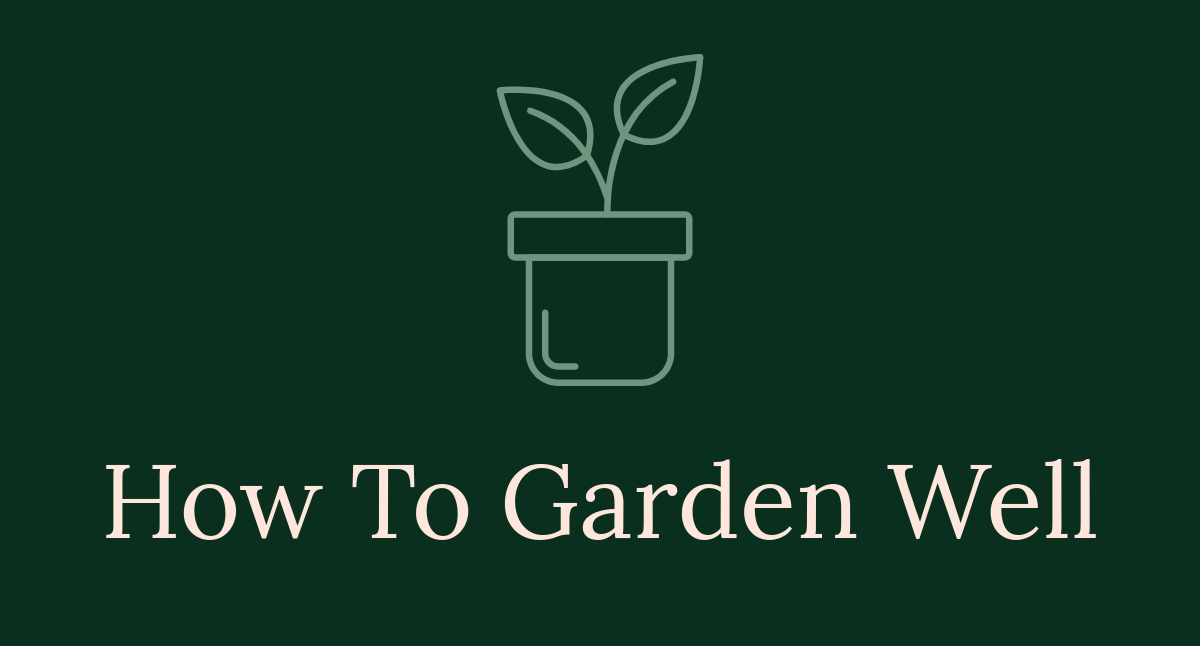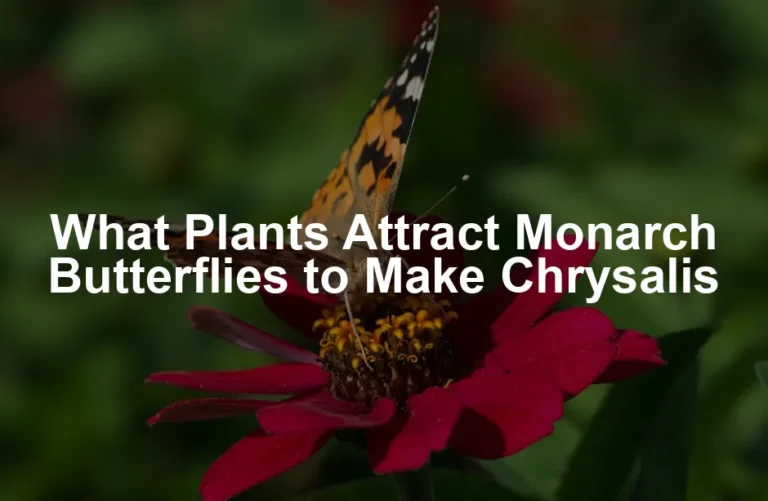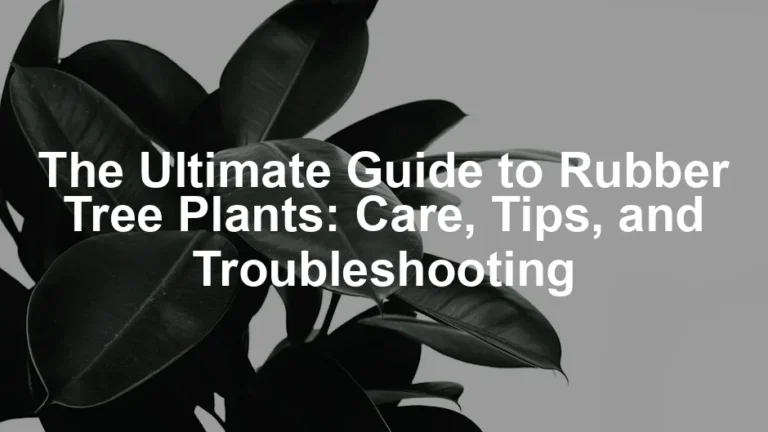
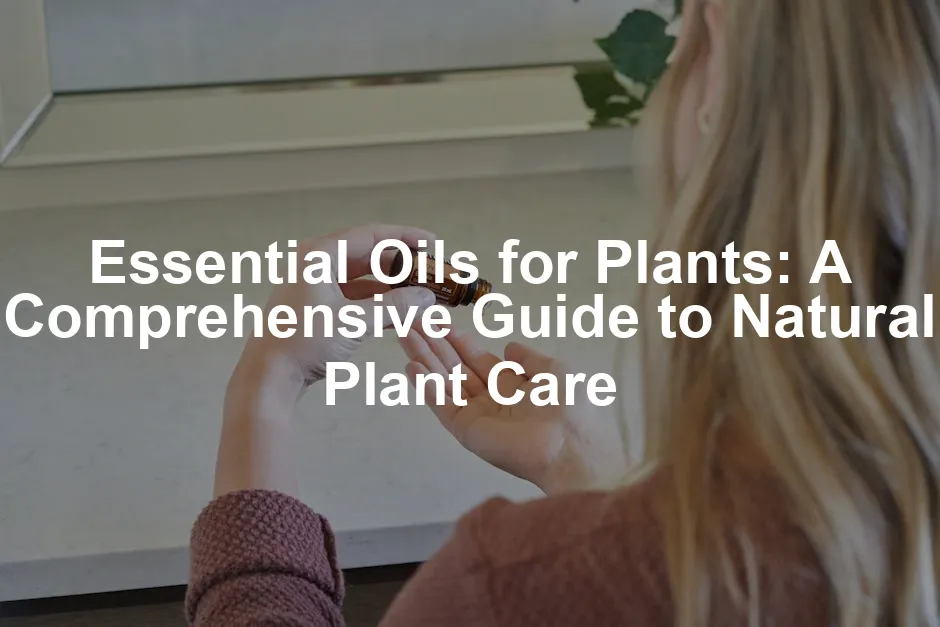
Essential Oils for Plants: A Comprehensive Guide to Natural Plant Care
Introduction
Have you ever considered using essential oils for your plants? These aromatic compounds can do wonders for plant health. Essential oils improve vitality and serve as natural pest repellents. As more gardeners seek eco-friendly methods, essential oils have gained popularity in natural gardening.
Before we dive deeper, if you’re looking to start your essential oil journey, check out this Organic Essential Oils Set that includes a variety of oils perfect for your gardening needs.

Benefits of Essential Oils for Plants
Understanding the Role of Essential Oils
Essential oils bolster plant defense mechanisms. They can repel pests and attract beneficial insects. Their antibacterial, antifungal, and antiviral properties help plants combat diseases. Additionally, using essential oils can enhance overall plant vitality, promoting lush growth and vibrant foliage.
To keep your plants thriving, consider using a Soil Moisture Meter to ensure your plants are getting the right amount of water. Trust me, your plants will thank you!
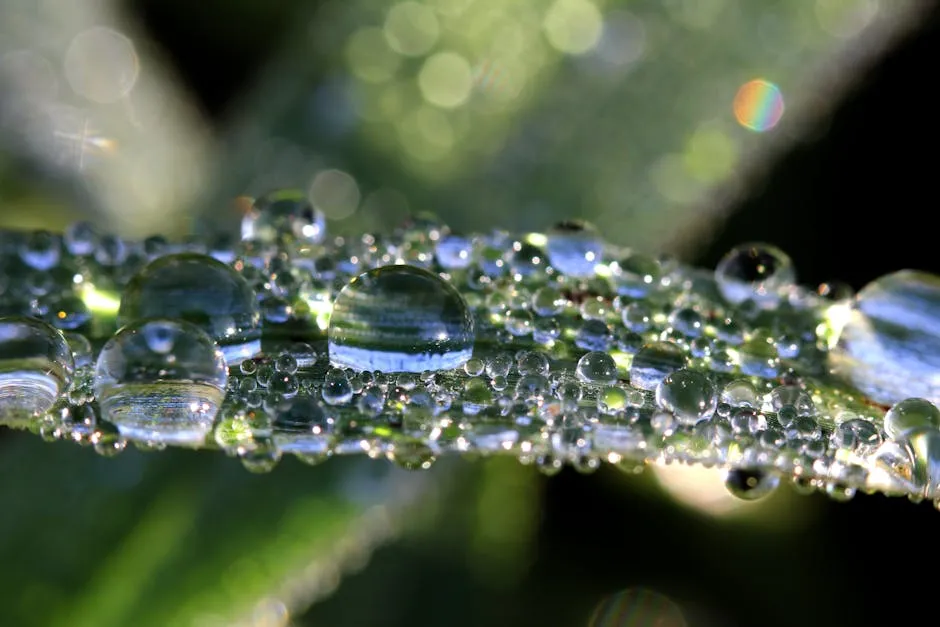
Top Essential Oils for Plants
1. Lavender Essential Oil
Lavender oil is a fantastic choice for pest control. It naturally repels insects like mosquitoes and flies. Additionally, it promotes overall plant health by reducing stress and encouraging growth. You can apply lavender oil by mixing a few drops with water in a spray bottle. Mist this solution on your plants every week. Lavender is especially beneficial for roses, tomatoes, and herbs like basil.
For those who love to create their own blends, consider investing in Essential Oil Spray Bottles. These handy tools make it easy to mix your favorite essential oils and water for all your gardening needs.
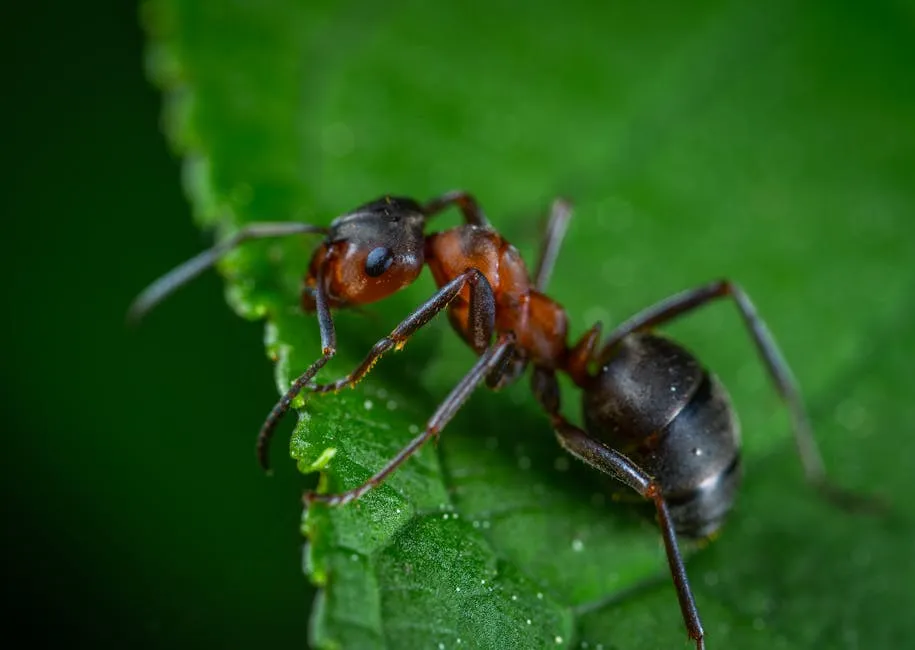
2. Peppermint Essential Oil
Peppermint oil is highly effective against common garden pests. It deters aphids, beetles, and spiders. To prepare a peppermint oil spray, combine 10 drops of oil with a cup of water in a spray bottle. Shake well and apply it to the affected areas. Always test on a small leaf first. Safety is key! Ensure the mixture is safe around pets, as peppermint can be irritating to some animals.
While you’re at it, why not grab a pair of Gardening Gloves? Protect those lovely hands while you spray away! They come in handy when dealing with those pesky bugs.
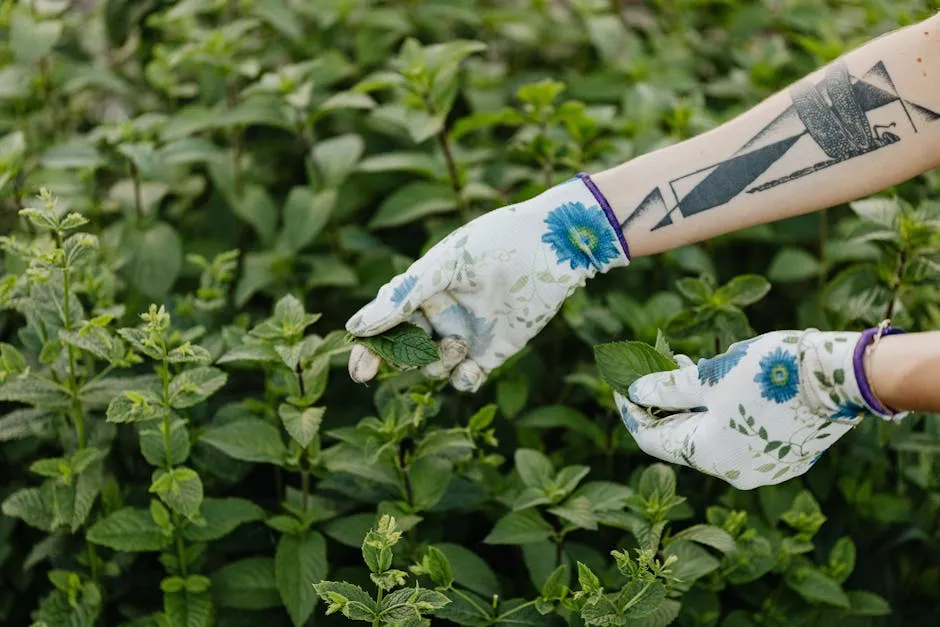
3. Tea Tree Essential Oil
Tea tree oil boasts powerful antifungal properties. It helps prevent diseases caused by mold and mildew. To use, dilute a few drops in water and apply it to the soil or leaves. Be cautious with concentration, as it can burn sensitive plants. Always monitor your plants after application. If you notice any adverse effects, reduce the quantity or frequency of use.
To keep your plants healthy, consider using a Organic Pest Control Spray. This can be a great complement to your essential oil regimen!
4. Rosemary Essential Oil
Rosemary oil attracts beneficial pollinators while repelling harmful insects. It is great for outdoor plants like vegetables and herbs. For indoor plants, use a diluted spray to keep pests away. Pair rosemary with plants like tomatoes and peppers for companion planting benefits. This oil not only protects but also enhances growth and flavor profiles in your garden.
Enhance your gardening experience with a Plant Care Journal. Track your essential oil applications and monitor the health of your plants!

5. Eucalyptus Essential Oil
Eucalyptus essential oil is a powerhouse for plant health. It supports respiratory health, allowing plants to breathe easier. This oil can also deter pests and promote overall vitality.
For application, mix a few drops with water in a spray bottle. Lightly mist your plants once a week. This method not only keeps pests at bay but also enhances growth.
Beyond pest control, eucalyptus oil has antibacterial properties. It can help combat diseases and infections, ensuring your plants stay healthy. Plus, the fresh scent can make your garden more enjoyable.
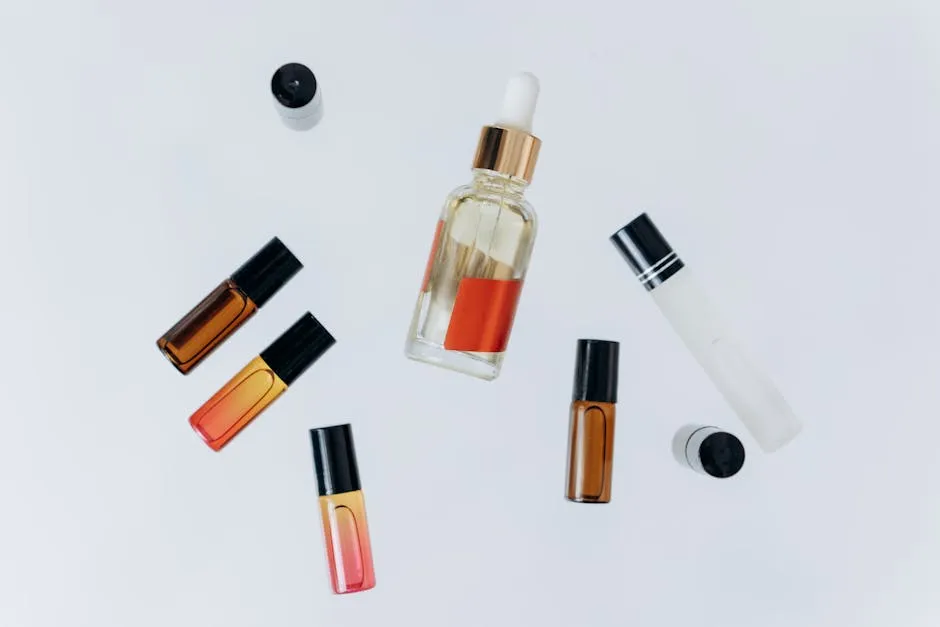
6. Lemongrass Essential Oil
Lemongrass essential oil shines as an insect repellent. It effectively keeps mosquitoes, ants, and spiders away, making it a gardener’s best friend.
To use lemongrass oil safely, dilute a few drops in water. Spray the mixture on your plants every week for maximum effect. This method is safe for both indoor and outdoor plants.
Additionally, lemongrass oil encourages robust growth. Its natural properties promote healthier roots and leaves. Incorporating it into your plant care routine can lead to thriving greenery.
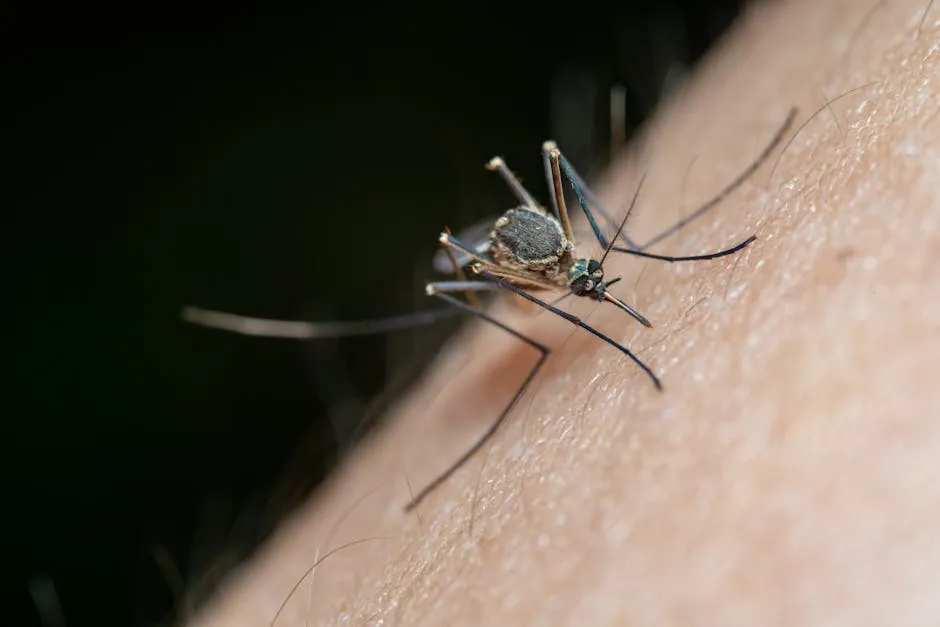
If you’re a fan of herbal remedies, you might enjoy a Herbal Tea Sampler. Perfect for sipping while you garden!
7. Clove Essential Oil
Clove essential oil is known for its antifungal properties. It helps prevent fungal infections, keeping your plants safe from diseases.
For application, mix 10 drops of clove oil in a quart of water. Spray this solution on affected plants to combat fungus. It’s best to apply it every couple of weeks for optimal results.
Certain plants thrive with clove oil, including roses and tomatoes. These plants benefit from the protective layer clove oil provides. With regular use, you can enhance their growth and resilience.
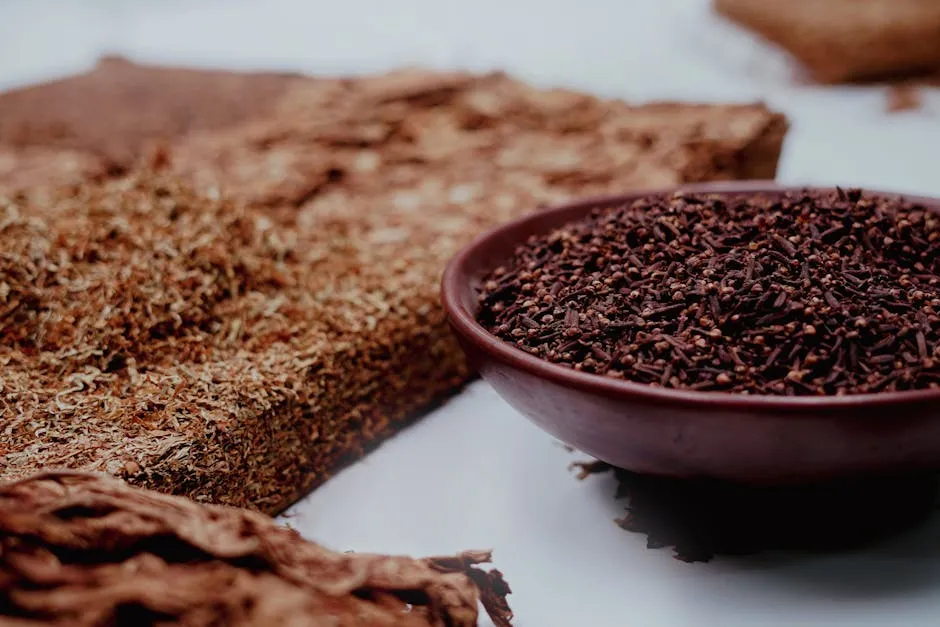
How to Use Essential Oils for Plants
Dilution and Application Methods
Proper dilution is key when using essential oils for plants. Start with a basic ratio of 1-2 drops of essential oil per quart of water. This ensures your plants receive benefits without harm.
There are various application techniques. Spraying is popular; just fill a spray bottle with your diluted mixture. Lightly mist your plants, focusing on leaves and soil.
You might also consider soil applications. Add a few drops directly into the soil during watering. Always test on a small area first to ensure your plants respond positively.

Safety and Precautions
Using essential oils for plants can be beneficial, but safety is paramount. First, some essential oils may cause adverse effects on sensitive plants. Always start with a small application to see how your plants react. For example, oils like tea tree can be potent and may burn fragile leaves if used excessively.
Moreover, choosing high-quality oils is crucial. Low-quality oils may contain additives or impurities that can harm your plants. Always opt for pure, organic essential oils from reputable sources. This ensures that your plants receive the maximum benefits without harmful side effects.
Storing your essential oils properly also helps maintain their effectiveness. Keep them in a cool, dark place away from direct sunlight. Glass containers are ideal, as they prevent chemical reactions that can occur in plastic. Remember to tightly seal the bottles to avoid evaporation and degradation.
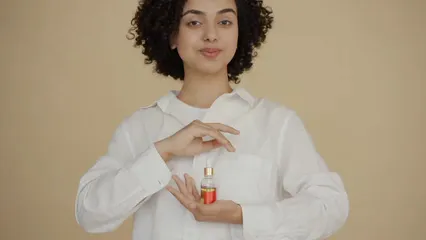
Companion Planting with Essential Oils
Overview of Companion Planting
Companion planting is a gardening strategy where certain plants are grown together for mutual benefits. This practice can enhance growth, deter pests, and improve flavor. For instance, planting basil near tomatoes can boost their flavor while repelling harmful insects.
Essential oils can elevate companion planting strategies. By using oils from companion plants, you can enhance their natural benefits. For example, lavender oil can attract pollinators while repelling pests. This creates a thriving environment for your garden.
Here are some effective companion pairs using essential oils: Lavender with rosemary works well to deter pests. Basil and peppermint can boost each other’s growth and flavor. Combining these plants with their respective essential oils creates a holistic approach to gardening. For more information on companion planting strategies, check out Companion planting strategies for increased yield.
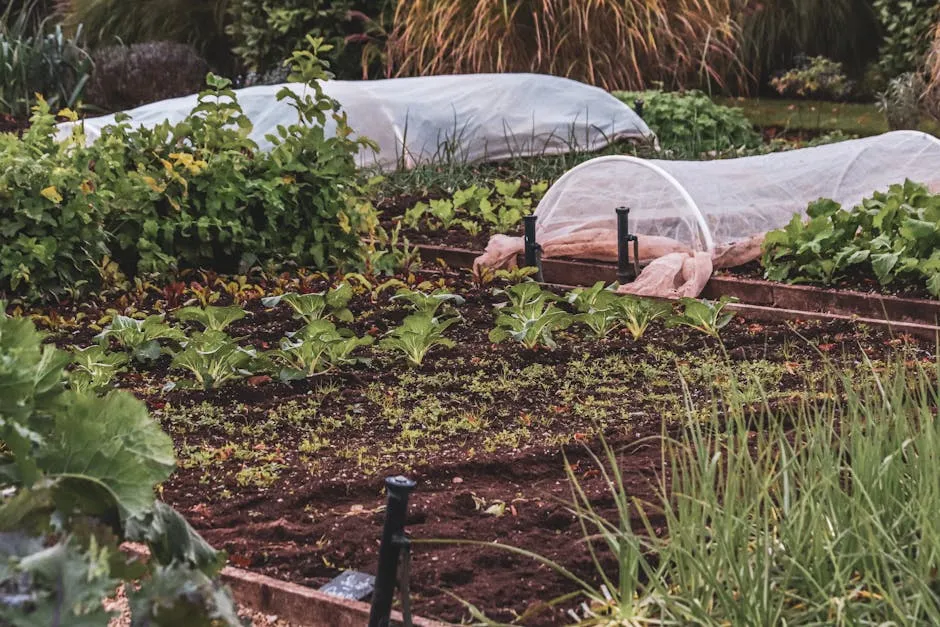
Companion planting can significantly improve your garden’s health and productivity. Learn more about companion planting techniques.
Attracting Beneficial Insects
Using Essential Oils to Attract Pollinators
Are you looking to bring more bees and butterflies to your garden? Essential oils can help! Oils like lavender, rosemary, and sweet orange are excellent choices for attracting these vital pollinators.
Pollinators play a crucial role in plant health. They help with fertilization, leading to better fruit and seed production. Without them, many plants struggle to thrive. So, boosting their presence in your garden is essential!
To effectively attract beneficial insects, mix 10 drops of your chosen essential oil with water in an 8 oz spray bottle. Spray this mixture on flowers and nearby plants. Repeat weekly for the best results. Remember to apply it in the early morning or late afternoon when pollinators are most active.
By using essential oils, you create a friendly environment for pollinators while enhancing your garden’s beauty and productivity. For more tips on attracting beneficial insects, visit Tips for attracting beneficial insects to your garden.
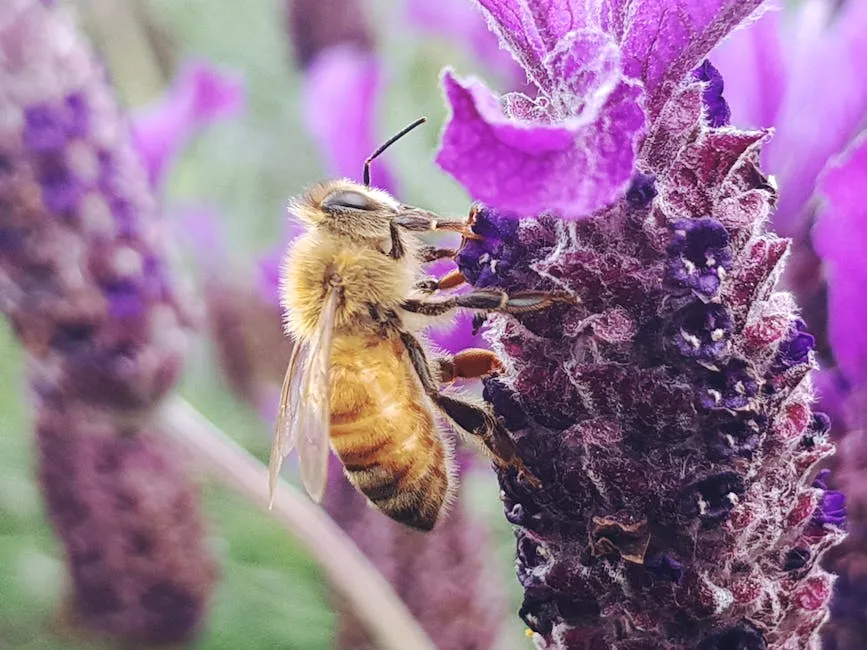
Attracting beneficial insects is vital for a healthy garden ecosystem. Discover tips for bringing beneficial insects to your garden.
Conclusion
Using essential oils for plant care offers numerous benefits. They repel pests, promote growth, and even attract beneficial insects. Don’t hesitate to experiment with different oils in your gardening practices.
If you’re serious about growing your garden, consider setting up a Indoor Herb Garden Kit. Fresh herbs right at your fingertips!

Have you tried using essential oils for your plants? Share your experiences and results in the comments!
Are essential oils safe for all types of plants?
Not all plants react the same way to essential oils. Always test a small area before widespread use.
How do I dilute essential oils for plant use?
Start with a basic ratio of 1-2 drops of essential oil per quart of water.
Can essential oils harm beneficial insects?
Using essential oils mindfully is crucial. Some oils can be harmful if misapplied.
How often should I apply essential oils to my plants?
This depends on the plant type and season. Generally, once a week is a good start.
What are the best essential oils for indoor plants?
Consider lavender, peppermint, and eucalyptus for indoor gardening.
Can I use essential oils on edible plants?
Yes, but ensure they’re safe for consumption and rinse them thoroughly before eating.
Where can I purchase high-quality essential oils?
Look for reputable suppliers online or at local health stores. Always choose pure, organic options.
Please let us know what you think about our content by leaving a comment down below!
Thank you for reading till here 🙂
All images from Pexels
